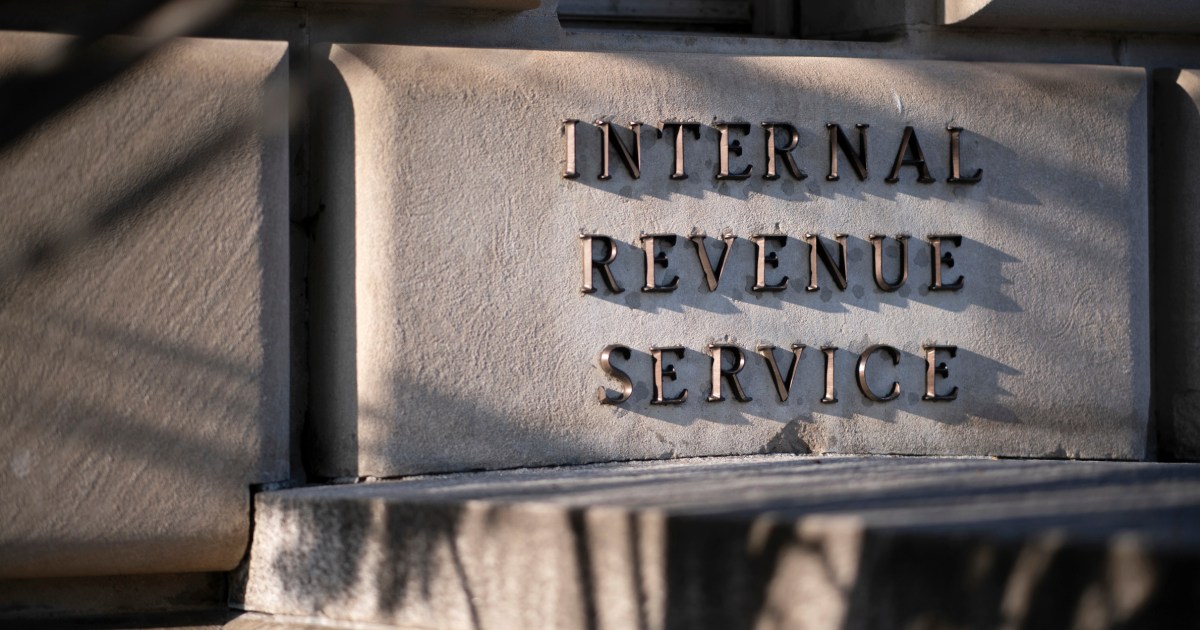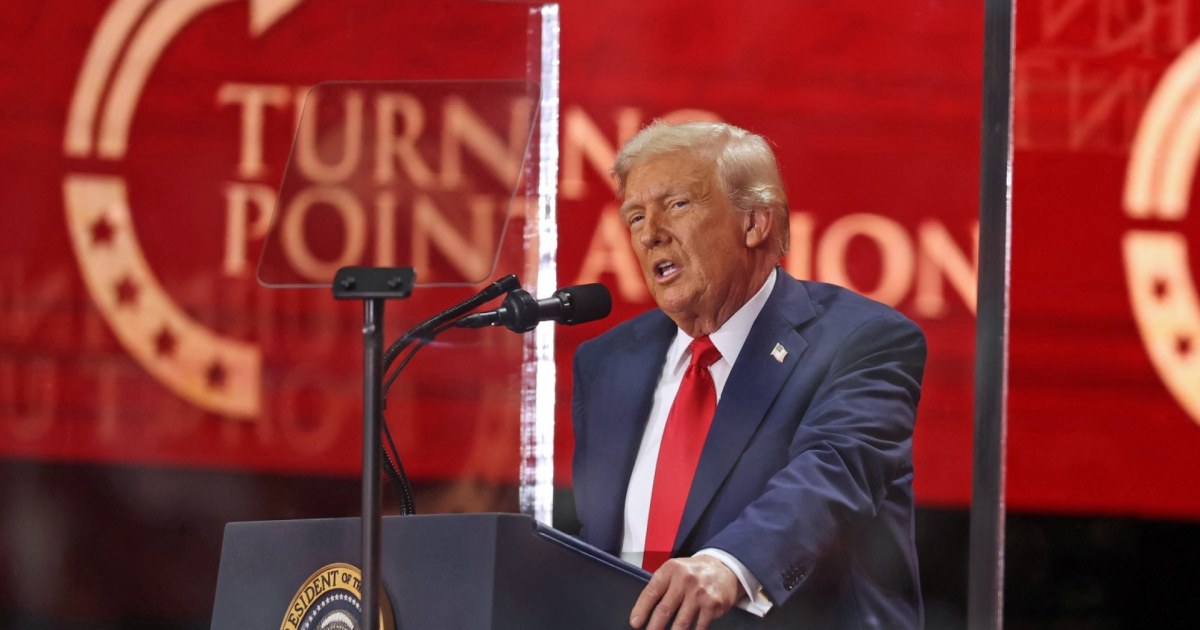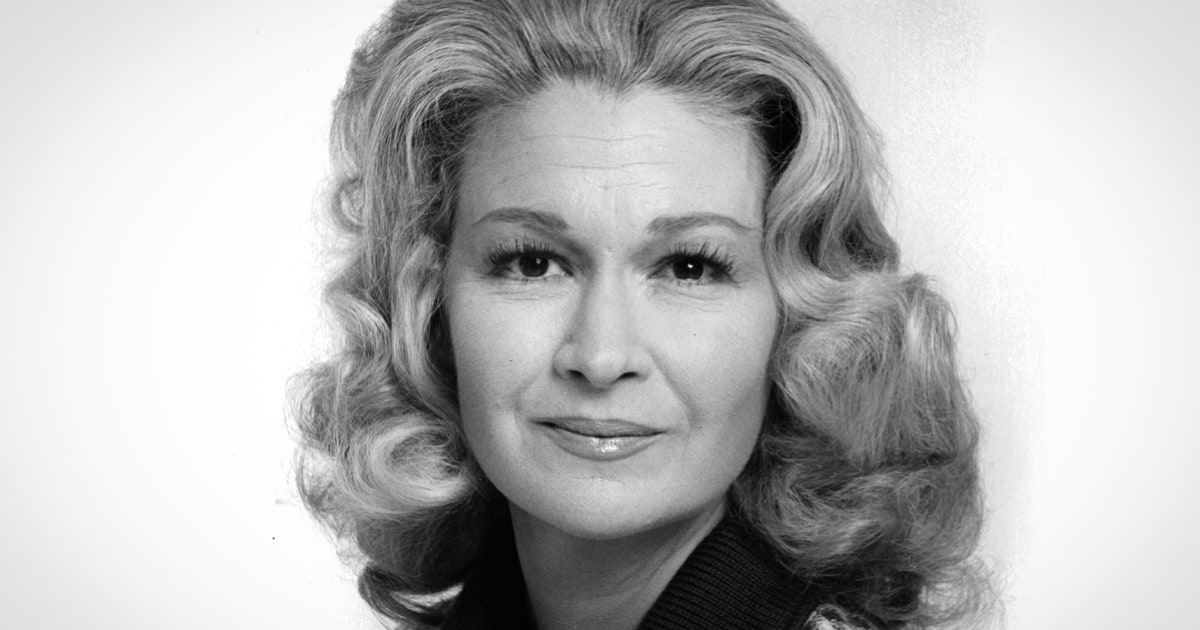The Internal Revenue Service is placing more than 34,000 employees, or about 46% of its workforce, on furlough starting Wednesday.
Source link
Oct. 8, 2025, 3:42 PM EDT / Updated Oct. 8, 2025, 3:50 PM EDTBy Steve KopackThe Internal Revenue Service said it is placing more than 34,000 employees, or about 46% of its workforce, on furlough starting Wednesday as the government shutdown stretches into its second week.The agency will also temporarily pause many taxpayer services, such as answering phone calls. The independent Taxpayer Advocate Service will also cease operations due to the lapse in funding.The agency added that most administrative functions will also come to a halt, as will many planning activities.”Today, due to the government shutdown the American people lost access to many vital services provided by the IRS when the agency furloughed thousands of employees,” national Treasury employees union president Doreen Greenwald said.Americans can now expect longer wait times, delays in changes to the tax code and backlogs, she said. “Taxpayers around the country will now have a much harder time getting the assistance they need, just as they get ready to file their extension returns due next week.”Filing deadlines still apply for taxpayers during a government shutdown. Oct. 15 is the deadline for those who secured an extension on their 2024 taxes.Greenwald said that many employees faced a “lack of planning” about their job status until supervisors and managers informed employees of the furloughs Wednesday.Furloughs are a temporary unpaid leave. Workers are expected to return to their roles once government funding is replenished by Congress. Historically, workers who remain on the job can be unpaid but receive back pay once the shutdown is resolved.President Donald Trump and his administration have threatened permanent job cuts and back pay denials in addition to furloughs. On Tuesday, a draft White House memo came to light in which the administration argued that federal workers may not be entitled to back pay. “This is not the way our government should treat its dedicated nonpartisan public servants,” she added.Few operations will continue, although nearly 40,000 employees will remain paid and on the job preparing for the coming tax season, according to a shutdown plan released Wednesday.IRS functions that are required to keep the Social Security Administration running will also continue.The IRS declined to comment beyond the shutdown plan.Steve KopackSteve Kopack is a senior reporter at NBC News covering business and the economy.




